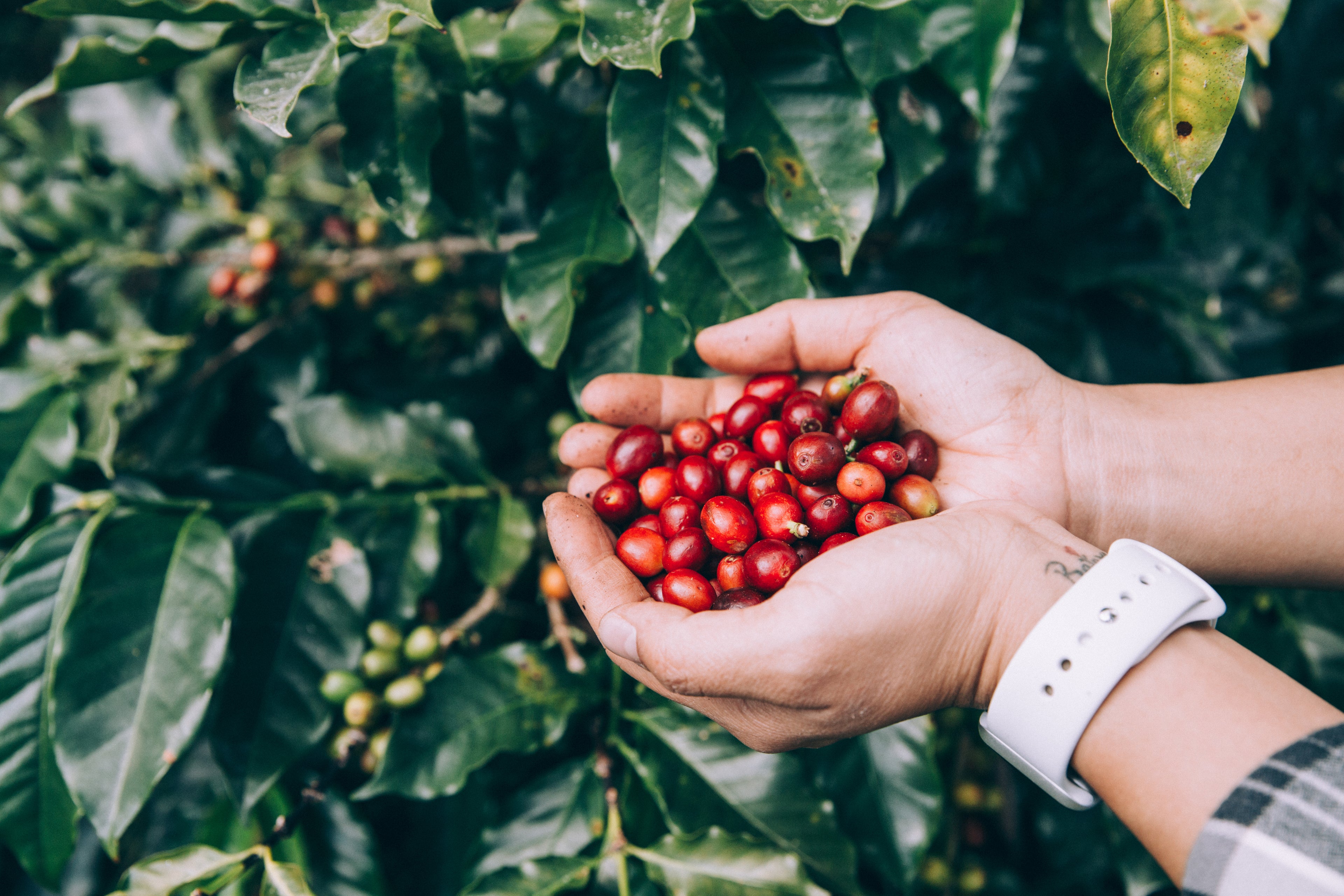
Trends in Coffee Culture for the Coming Year
With the end of the year in sight, it's the perfect time to reflect on the emerging trends that will shape the coffee world in the coming year. From technological innovations to changes in consumer behavior, we'll explore the most exciting predictions for the coffee industry in the coming year.
Trend Predictions: Let's explore the trends expected to dominate the coffee landscape in the coming year. From the increasing demand for single-origin coffee to the growth of specialty coffee in emerging markets, we'll analyze how consumer tastes and preferences are evolving and how producers and roasters are responding to these demands.
- Growth of Single-Origin Coffee: Consumers are increasingly interested in the traceability and story behind their coffee beans. This interest has led to a rise in the popularity of single-origin coffee, where beans are sourced from a single region, estate, or even a single lot. This allows consumers to experience the unique flavors each terroir has to offer.
- Expansion of Emerging Markets: Countries like China, India, and several in Africa are seeing significant growth in the demand for specialty coffee. As these countries' economies grow and consumers become more discerning, coffee companies are starting to invest more in these markets, offering high-quality products and unique coffee experiences.
Technological and Product Innovations: Dive into the latest innovations that are transforming the way coffee is grown, roasted, and served. From advanced extraction methods to cutting-edge roasting technology, we'll explore how technology is revolutionizing each step of the coffee production process, allowing producers and baristas to achieve new levels of quality and consistency.
- Advanced Extraction Methods: New extraction techniques, such as reverse percolation and variable pressure infusion systems, are enabling baristas to experiment and perfect each cup of coffee. These technologies not only enhance the quality of the coffee but also allow for unprecedented customization, adjusting specific parameters to highlight different flavor notes.
- Cutting-Edge Roasting Technology: Innovations in coffee roasters, including the use of artificial intelligence to adjust roast profiles in real-time, are allowing for greater precision and consistency. This means roasters can exactly replicate desired flavors, ensuring a high-quality experience for the consumer.
Changes in Consumer Behavior: We will analyze how consumer behavior is evolving in the coffee world. From greater awareness of sustainability and fair trade to the pursuit of more personalized and unique coffee experiences, we will examine how consumers are redefining what it means to enjoy a cup of coffee and how this is shaping coffee companies' marketing and sales strategies.
- Awareness of Sustainability: Consumers are increasingly looking for products that are both high quality and environmentally friendly. This has led to a rise in demand for coffee certified by labels such as Rainforest Alliance and Fair Trade. Coffee companies are responding by implementing sustainable practices at all stages of production, from farming to packaging.
- Personalized Experiences: Personalization is on the rise, with consumers seeking coffee experiences tailored to their individual tastes and preferences. From personalized coffee subscriptions that send specific beans based on the customer's preferences to cafes that offer a more tailored service, the industry is adapting to meet these demands.
Focus on Sustainability: Sustainability remains a growing priority in the coffee industry. Consumers are increasingly seeking products that are not only high quality but also have a positive impact on the environment and producer communities. We will explore sustainable initiatives, from the use of biodegradable packaging to regenerative farming practices and fair trade certifications that ensure fair working conditions for coffee workers.
- Biodegradable Packaging: Coffee brands are adopting eco-friendly packaging, using compostable and recyclable materials to reduce environmental impact. This not only appeals to environmentally conscious consumers but also helps companies reduce their carbon footprint.
- Regenerative Farming Practices: Beyond sustainable agriculture, regenerative farming practices aim to restore and improve soil health, biodiversity, and agricultural ecosystems. These practices include intercropping, composting, and reducing pesticides, resulting in healthier crops and a more sustainable environment in the long term.
Rise of Specialty Cafes: Specialty cafes are on the rise, offering consumers a more artisanal and personalized coffee experience. These cafes not only serve high-quality coffee but also educate customers about the origin of the beans, preparation methods, and the stories of the producers. We will see how these cafes are redefining the coffee landscape by focusing on quality, innovation, and community connection.
- Consumer Education: Specialty cafes are dedicated to educating their customers about all aspects of coffee, from the origin to the preparation techniques. Through workshops, tastings, and events, these cafes create a well-informed and passionate community of coffee lovers.
- Innovation in Preparation: These cafes are at the forefront of innovation, using state-of-the-art equipment and experimental methods to prepare coffee. Whether through the use of siphons, custom-designed French presses, or bespoke filtration systems, these cafes are redefining what it means to enjoy a cup of coffee.
Coffee and Health: The relationship between coffee and health is a topic of growing interest among consumers. New research continues to highlight the potential health benefits of coffee, from improving cognitive function to reducing the risk of certain diseases. We will analyze how this growing awareness is influencing consumer decisions and how coffee brands are communicating the health benefits of their products.
- Cognitive Benefits: Recent studies suggest that moderate coffee consumption can improve cognitive function, including memory, concentration, and alertness. This has led to increased popularity of coffee among students and professionals seeking a mental boost.
- Disease Reduction: Research has shown that coffee can help reduce the risk of various diseases, such as Parkinson's, type 2 diabetes, and certain cancers. Coffee brands are using these findings to promote the benefits of their products and educate consumers about the positive impact of coffee on health.
Conclusions: As we prepare to welcome a new year, it is exciting to see how coffee culture continues to evolve and adapt to the changing needs and desires of consumers. Whether through the adoption of new technologies, the exploration of unique flavors and origins, or the commitment to sustainable practices, one thing is certain: coffee will continue to be a source of inspiration and delight for millions of people around the world.


